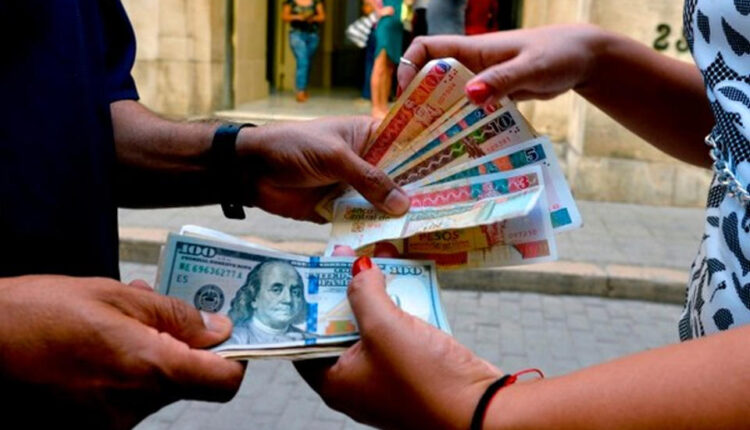
Cuba’s monetary overhaul enters second year amid pandemic recovery, sanctions
Fernando Quintana, a truck driver from the Cuban central province of Villa Clara, expects that the economic measures taken by the government could bring more prosperity to his family.
Amid the pandemic recovery and the tightening of the U.S. trade embargo, the Caribbean nation has entered the second year of its major monetary overhaul.
The reform scrapped the dual currency system set up in 1994, and increased salaries, pensions, and social security payments while transforming the pricing structure completely. Yet Quintana found it hard to deal with the surging prices.
The 54-year-old transports goods ranging from construction materials to agricultural commodities.
Though he enjoyed a significant salary increase, Quintana told Xinhua, prices had gone up on almost everything.
“The authorities have declared the war against inflation,” he said. “People need the national production of goods, and particularly food, to increase.”
To improve its economic performance, Cuba has rolled out multiple moves over the past 2021, including expanding private sector employment, promoting digital economy and expediting production process through various channels.
State-run enterprises, which provide over 70 percent of Cuba’s GDP, have been called to increase efficiency and productivity. The Cuban government has also legalized more than 1,200 small and medium-sized enterprises since September last year.
“The entrepreneurs can boost local economies in the middle of a complex economic scenario,” said Joan Manuel Veloso, who runs a design and building start-up in Havana.
With 2 percent GDP growth in 2021 and inflation over 70 percent, the Cuban economy entered 2022 amid the resumption of economic activity after the coronavirus lockdown. Meanwhile, the United States did not seem to loosen its sanctions, which already caused direct economic losses of over 100 billion U.S. dollars to Cuba.
Cuban President Miguel Diaz-Canel stressed that the economic recovery of the island is a huge challenge ahead. “It will only be possible if we keep the pandemic at bay and take advantage of (what) all the country can do in seeking efficiency,” he said on the eve of the New Year in a video message on Twitter.
“Nothing indicates the (U.S.) blockade will come to an end. Everything will depend on our strengths,” the president added.
Teresa Lara, an economic analyst at Cuba’s Enterprise for Knowledge Management and Technology, believed that the Eighth Congress of the Central Committee of the Communist Party of Cuba held last year has boosted the implementation of new economic measures on the island.
“This year will be marked by resistance and resilience, but the real take-off will take place in 2023,” she added.
According to the government’s estimates, the Cuban economy is projected to grow by 4 percent this year.

